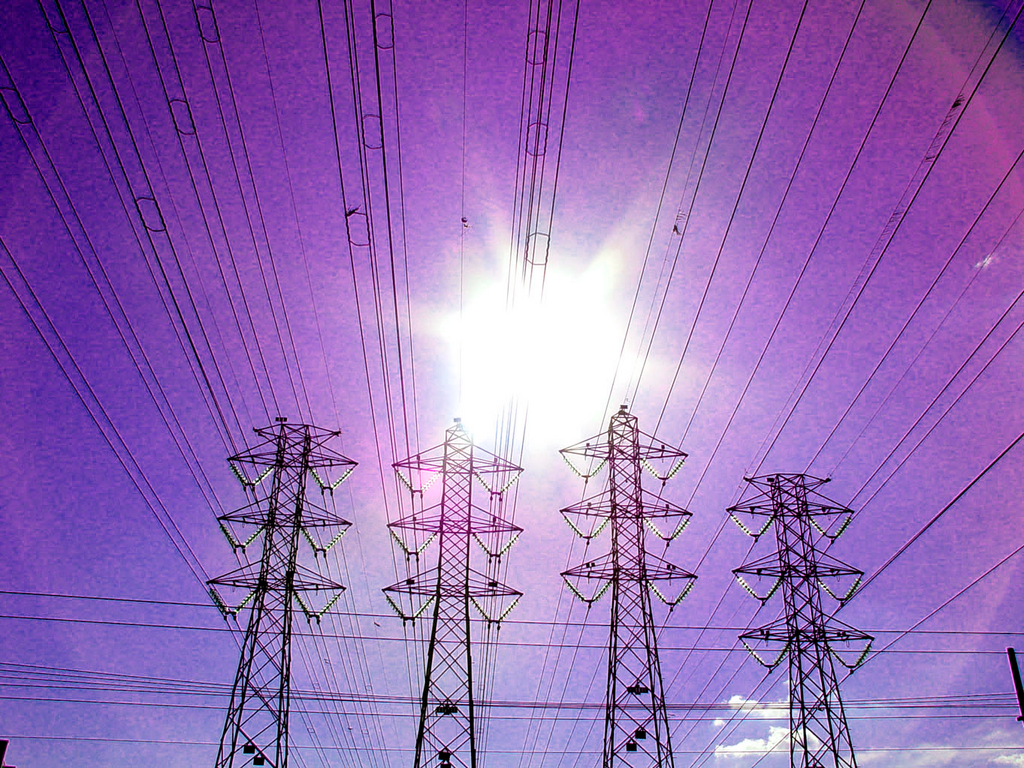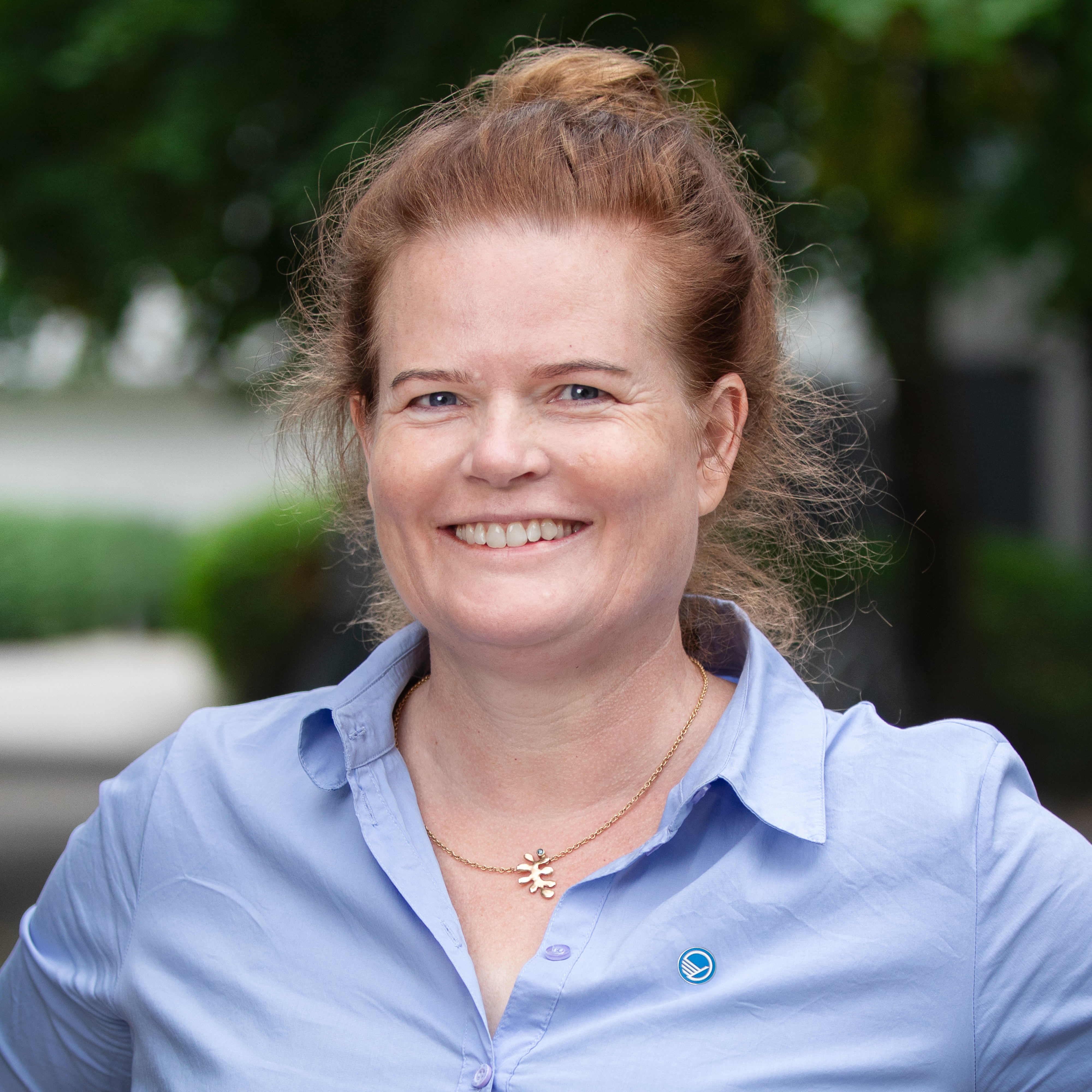
About the NordGrid Programme
“A long Nordic tradition of co-operation on the development and operation of infrastructure and markets is based on common challenges and solutions, but also on a high level of trust…
“A long Nordic tradition of co-operation on the development and operation of infrastructure and markets is based on common challenges and solutions, but also on a high level of trust and openness, which creates a good foundation for efficient co-operation, when the Nordic countries create common solutions for the transmission of electricity,” says Klaus Skytte, CEO at Nordic Energy Research.
The future offers many challenges for the Nordic electricity systems – the share of unstable production is increasing, the cost level increases, lack of public support for new infrastructure, and an increasing risk of cyber attacks.
These challenges are known in all Nordic countries, and in many cases the challenges can only be overcome with common policies, routines and control systems.
By addressing the challenges at a Nordic level synergies can be achieved and common solutions increase the opportunities for:
- a more tightly integrated infrastructures with power exchange capacity
- a common marketplace for energy and energy related services
- a complementary production structure of the Nordic countries (hydro with storage, wind, nuclear, combined heat and power from biomass and possibly gas with CO2 capture and storage)
- exchange and strengthening the competencies and capacities at the Nordic universities and research institutions.
Increased digitization will have a positive effect on the synergies.
A joint Nordic co-operation to develop the electricity infrastructure of the future will reduce the overall research and investment costs.
Background and previous work
The idea of a Nordic research, development and demonstration program began back in 2017, as a part of the strategy development 2018-2021 for Nordic Energy Research.
In connection with the strategy work, it quickly became clear that the role of digitization is an important topic for the present and future energy sector.
Input from stakeholders and Nordic TSOs gave reason to believe that a Nordic research, development, and demonstration program focusing on smart electricity transmission could provide Nordic added value.
A dialogue process between Nordic Energy Research, some national financiers and several Nordic transmission system operators (TSOs) began and the research program Nordgrid was developed.
At the end of 2020 Nordic Energy Research and three national financiers (The Swedish Energy Agency, Innovation Fund Denmark and Business Finland) concluded a Memorandum of Understanding to finance the NordGrid program.
And a Memorandum of Understanding was signed with the participating Nordic TSOs, in which the TSOs state that they will consider providing for projects either through funding or in-kind contributions.
Nordgrid MatchMaking
By filling out the following matchmaking form, your research interests and contact information will be published on our website to make it easier for individuals and organizations to explore the possibility of creating relevant consortia.
The matchmaking form is updated regularly. When you see someone with the same research interests as you, or someone it might be interesting to get in touch with to discuss the possibility of further collaboration, feel free to do so.
Interested parties should also keep in mind that the Nordic Transmission System Operators (TSO) have expressed a strong interest in joining research consortia for the NordGrid call.
Read this article for more information.
Applying for the call
Nordic Energy Research is currently accepting applications to the call for Nordgrid.
In this first call, the applicants are invited to investigate how to;
Reduce future digital vulnerability in the Nordic transmission system.
We strongly encouraged applicants to contact a Nordic TSO for possible consortium collaboration before applying for funding from one of the national financiers and Nordic Energy Research.

